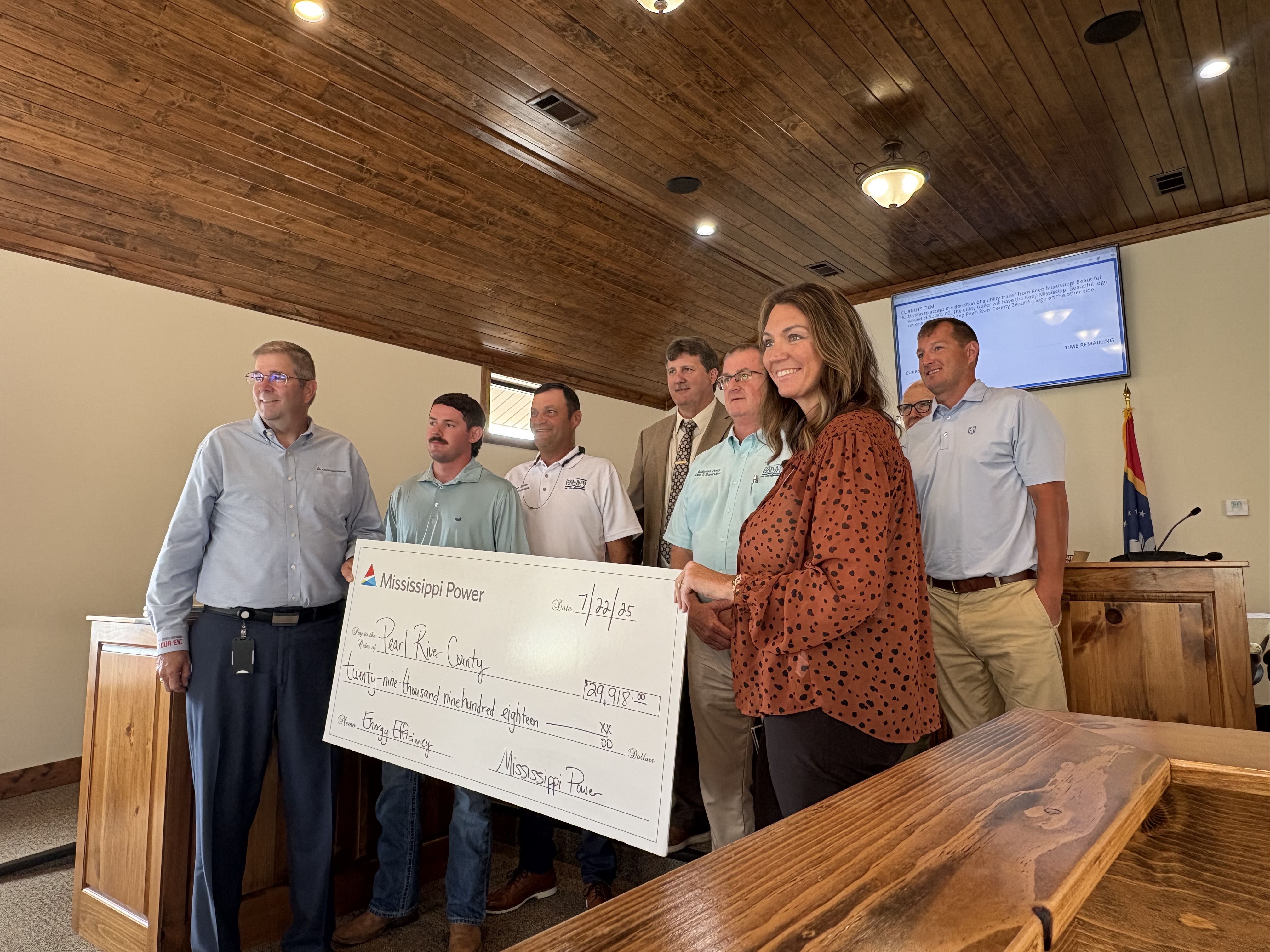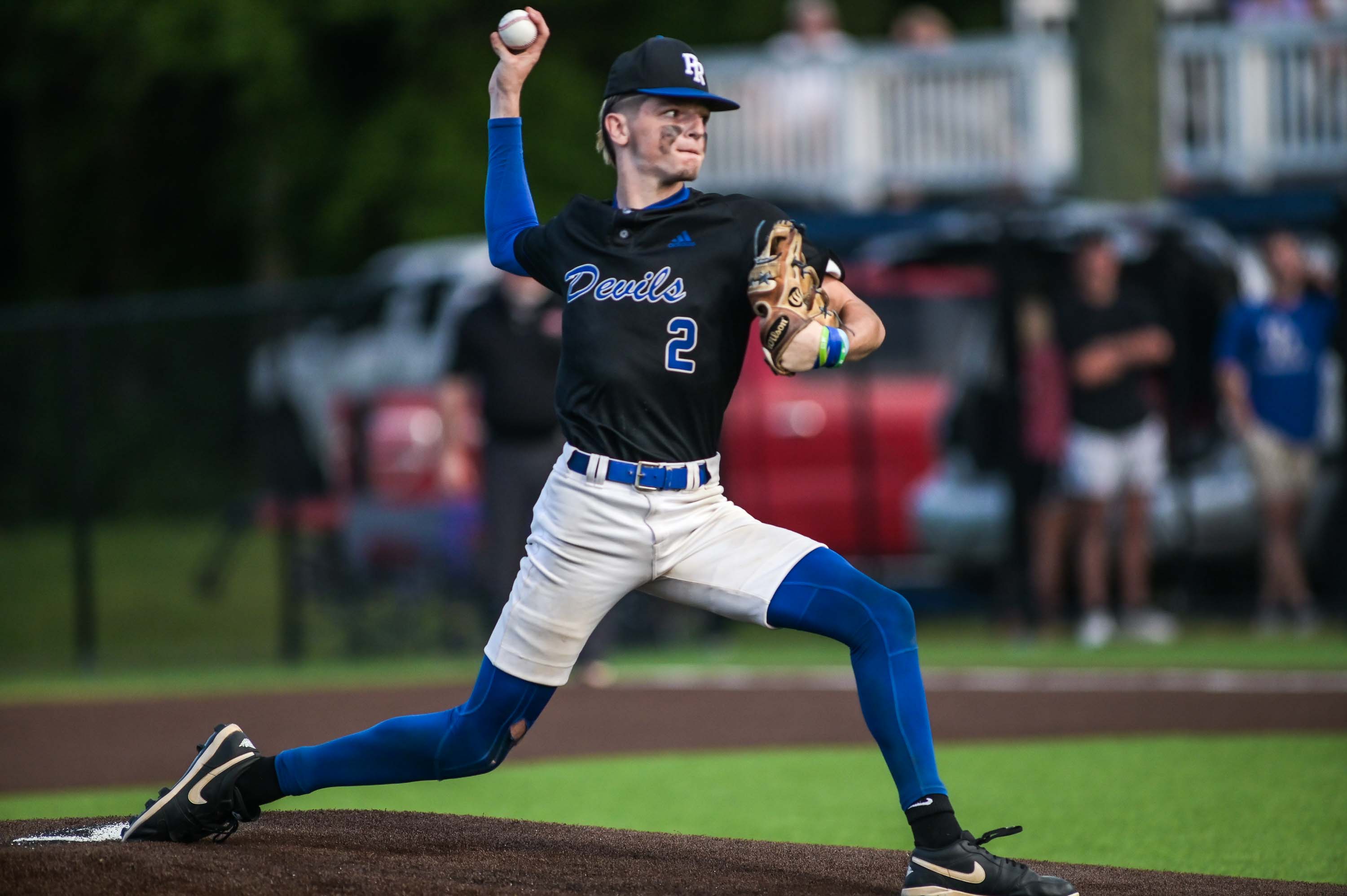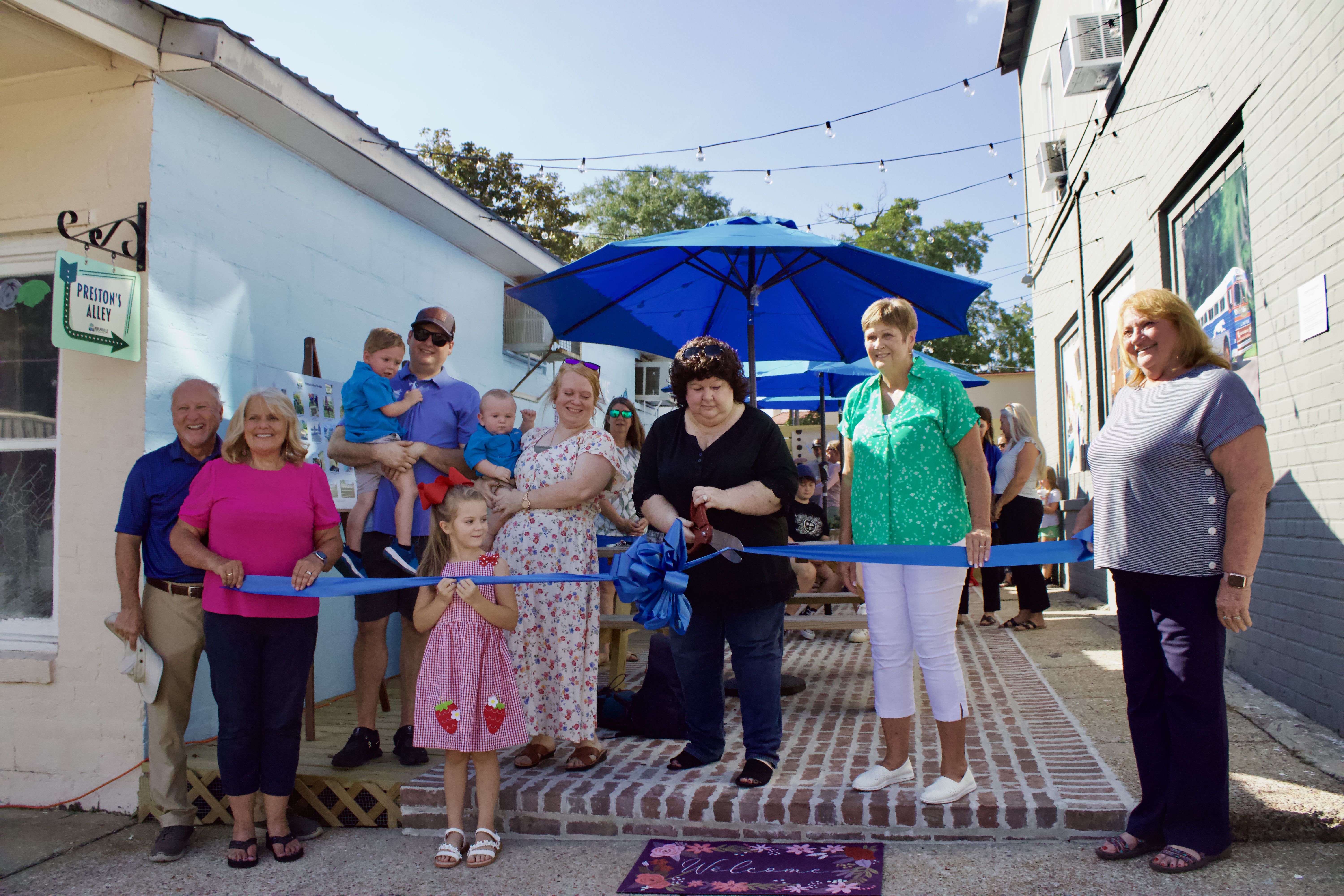Southern Region: Biden-Harris Administration Announces Nearly $100 Million in Continued Support for Mental Health and Student Wellness Through Bipartisan Safer Communities Act
Published 12:30 pm Monday, May 15, 2023
by US Department Of Education
Today, the Biden-Harris Administration is announcing more than $95 million in awards across 35 states to increase access to school-based mental health services and strengthen the pipeline of mental health professionals in high-needs school districts. The awards were funded by the Bipartisan Safer Communities Act (BSCA), which President Biden signed into law on June 25, 2022, and they help advance the Administration’s efforts to tackle the mental health crisis in our schools as part of his National Mental Health Strategy.
Trending
The Department of Education (Department) has awarded $286 million across 264 grantees in 48 states and territories to boost the training, hiring, and diversification of mental health professionals through two grants – the School-Based Mental Health (SBMH) grant program and Mental Health Service Professional (MHSP) grant program – in President Biden’s Bipartisan Safer Communities Act. Grantees estimate that these funds collectively will prepare more than 14,000 new mental health professionals for America’s schools. A state-by-state breakdown of these projections is included below.
Today’s announcement of 93 additional MHSP awards, following the awarding of $46 million to 67 grantees in December, means that the Department will fund a total of 160 MHSP grantees across the country who will train and place thousands of diverse and certified mental health providers in schools with the most need. Nearly half (45 percent) of MHSP grantees proposed a partnership with a Minority Serving Institution, Historically Black College or University or Tribal College or University. In February, the Department also announced $141 million in SBMH grants, which supports districts in hiring mental health professionals.
The Department is also announcing up to $2.6 million in funding for a new Mental Health Personnel Technical Assistance Center to support MHSP and SBMH grantees in meeting the goals of their grant. This Center will help identify and develop resources both for SBMH and MHSP grantees to support grantees in addressing the social, emotional, and mental health needs of PK-12 students and staff. The Center will also provide support to the field more broadly – to grantees and beyond – by disseminating best practices in recruiting, training, placing, and retaining school-based mental health services providers.
These historic investments are made possible because of funds provided under BSCA. Over the next five years, the Department will invest the remainder of the $1 billion provided by BSCA in mental health professionals for schools through the MHSP and SBMH programs, helping advance the President’s goal, as part of his Mental Health Strategy, to double the number of school counselors, social workers, and other school-based mental health professionals.
These funds have the potential to meaningfully change lives by building a mental health infrastructure in schools and communities across the country. These grants complement $1 billion BSCA funds to support safe school environments through the Stronger Connections grant program through evidence-based strategies that advance equity and support student social, emotional, physical, and mental well-being.
The new MHSP Demonstration Grant awardees for the Southern region are listed below:
| The University of Alabama | AL | $705,200 |
| University of South Florida | FL | $758,219 |
| University of Central Florida Board of Trustees | FL | $991,457 |
| Florida Atlantic University | FL | $995,594 |
| The Florida International University Board of Trustees | FL | $346,676 |
| Kennesaw State University | GA | $707,645 |
| The University of Georgia Research Foundation, Inc. | GA | $877,155 |
| Georgia State University Research Foundation, Inc. | GA | $614,466 |
| McCreary County School District | KY | $1,200,000 |
| West Kentucky Educational Cooperative | KY | $570,840 |
| Southeast/south-central Educational Cooperative | KY | $1,200,000 |
| Green River Regional Educational Cooperative | KY | $1,777,549 |
| Jackson Public Schools | MS | $416,342 |
| University of North Carolina at Chapel Hill | NC | $398,483 |
| The University of Memphis | TN | $398,850 |
| Lipscomb University | TN | $730,416 |
| Winchester School Board | VA | $1,168,192 |
| West Virginia University | WV | $990,226 |
| Concord University | WV | $605,591 |
Trending
Estimated Number of New School-based Mental Health Professionals Projected to be Hired with MHSP & SBMH Investments by State in the Southern region
| AL | 169 |
| DC | 236 |
| FL | 1086 |
| GA | 315 |
| KY | 149 |
| MS | 62 |
| NC | 332 |
| TN | 548 |
| VA | 345 |
| WV | 156 |
NOTE: These figures are estimates generated by grantees through their applications for federal funding
These announcements are part of the Biden-Harris Administration’s commitment to addressing the nation’s mental health crisis by providing more resources and supports to help schools address students’ mental health needs. Last fall, the Department announced the Stronger Connections Grant program, which provided awards totaling nearly $1 billion to 56 states and territories through BSCA to help schools in high-need districts provide students with safe and supportive learning opportunities and environments that are critical for their success.
At the beginning of the school year, the Department sent a letter with U.S. Health and Human Services Secretary Xavier Becerra to governors across the country to highlight federal resources available to states and schools to invest in mental health services for students. The Department also awarded $122 billion in American Rescue Plan Elementary and Secondary School Emergency Relief funds to help schools reopen and recover, and experts indicate more than $2 billion has been directed to hire more school psychologists, counselors, and other mental health professionals in K-12 schools. With the help of these funds, as of July, compared with the pre-pandemic period, the number of school social workers is up 48 percent, the number of school counselors is up 10 percent, the number of school nurses is up 42 percent, and the number of school psychologists is up 10 percent.





